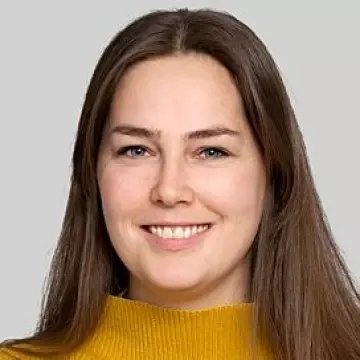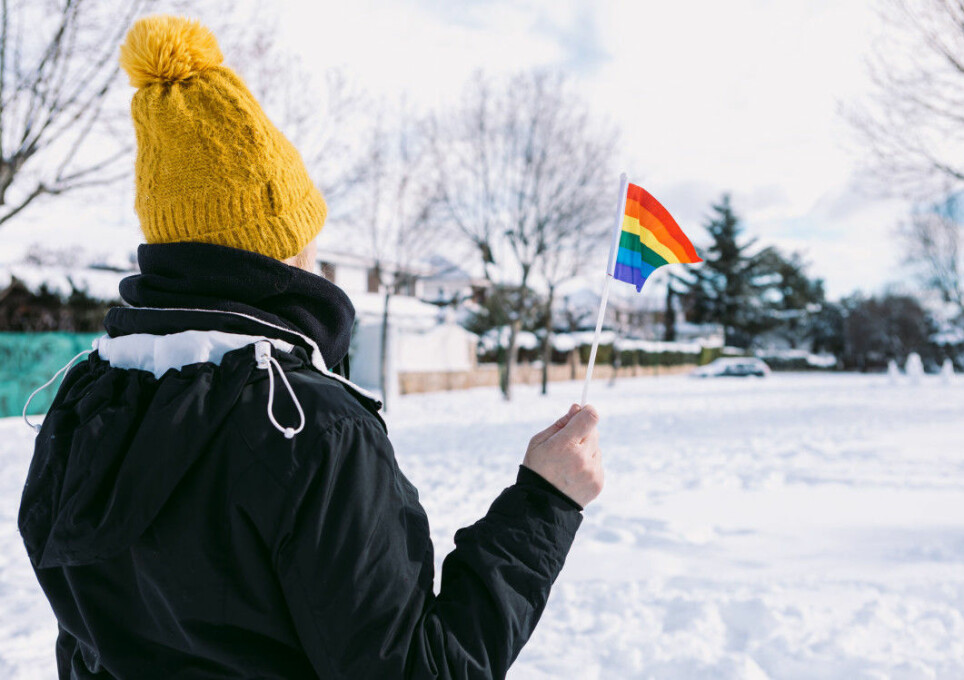
LGB-people in Norway are less happy with their lives than the general population
For the first time, Statistics Norway has conducted a national quality of life survey that includes both sexual orientation and sexual attraction.
Lesbian, gay and bisexual people in Norway are less satisfied with their lives than the general population, according to a new survey from Statistics Norway.
The LGB+ population is particularly dissatisfied with their personal finances and mental health. LGB+ is an acronym for lesbians, gays, bisexuals and people who are sexually attracted to all genders.
“The financial finding is the most surprising result,” says Karin H. Gram, one of the Statistics Norway coordinators behind the survey.
Statistics Norway defines LGB+ as people who responded that they:
· consider themselves to be gay or lesbian, bisexual or other
· are sexually attracted to all genders or other.
The Statistics Norway survey therefore does not include transgender people, persons with variation in their physical sexual development (intersex) or genderqueer individuals.
Included for first time
There has been some research on the quality of life of people in the past.
A study from the University of Agder from 2018 shows that many lesbian, gay, bisexual and transgender people in southern Norway struggle with poor mental health.
Another recent study from the research organisatoin SINTEF shows that young people are still scared of being considered queer.
However, this is the first time that Statistics Norway has conducted a national survey including both sexual orientation and sexual attraction.
Generally less happy with life
In the survey – which includes a representative sample of the entire Norwegian population – almost half the respondents answered that they were very satisfied or fairly satisfied with life.
But the numbers for LGB+ people are lower.
“They score poorly on all the quality of life indicators,” Gram says.
“But they stand out particularly negatively in terms of finances.”
Many people who are unhappy with their financial situation also have poor finances. Participants were asked about their financial spaciousness, the ability to manage unforeseen expenses or material deprivation, and whether they had experienced serious financial problems.
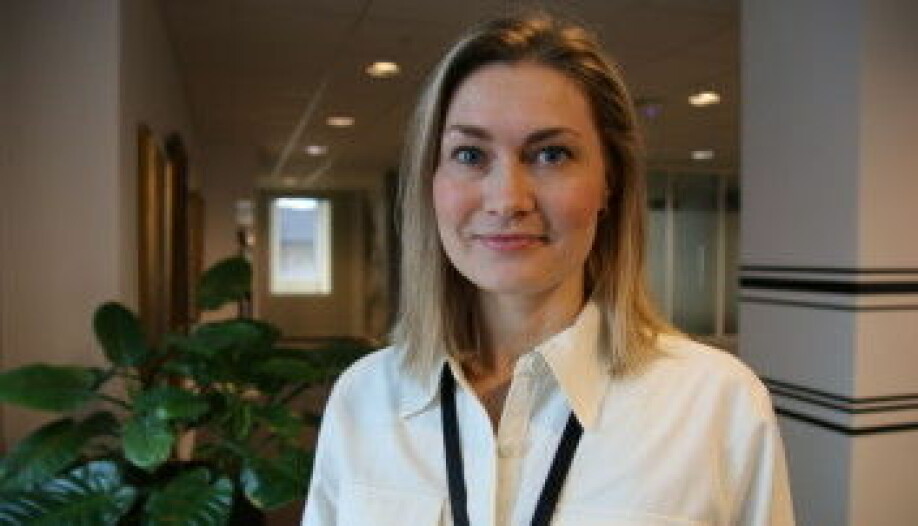
More young people defining themselves as lesbian, gay or bisexual
Almost 50 per cent of the LGB+ population suffer material deprivation, and almost 20 per cent have little financial wiggle room, as compared with 26 and 9 per cent in the population as a whole, respectively.
In addition, almost twice as large a proportion of LGB+ people are not able to cope with any unforeseen expenses and have had serious financial problems during the previous 12 months.
As many as 48 per cent of them generally answer that they are dissatisfied with their financial situation, compared with 31 per cent in the entire population.
Several things could explain this, according to Gram.
One explanation may be that more younger people define themselves as lesbian, gay, bisexual or attracted to all genders. In general, younger people are less satisfied with their economic situation than older people are, perhaps because they are still students or have not yet established themselves in their working life.
“But we still see a clear tendency of this group being less satisfied with their finances, also among the elderly,” Gram says.
More unemployed
Another explanation might be work related.
“We know that unemployment and disability are more prevalent among LGB+ people,” Gram says.
A study from the Norwegian research foundation Fafo from 2013 also shows that lesbian, gay and bisexual people are discriminated against at work.
However, this is probably not the whole explanation for why they are less satisfied with their finances than the rest of the population.
Gram believes we need more analyses that look at the types of jobs involved, such as whether are there differences in occupational and business affiliations in this group.
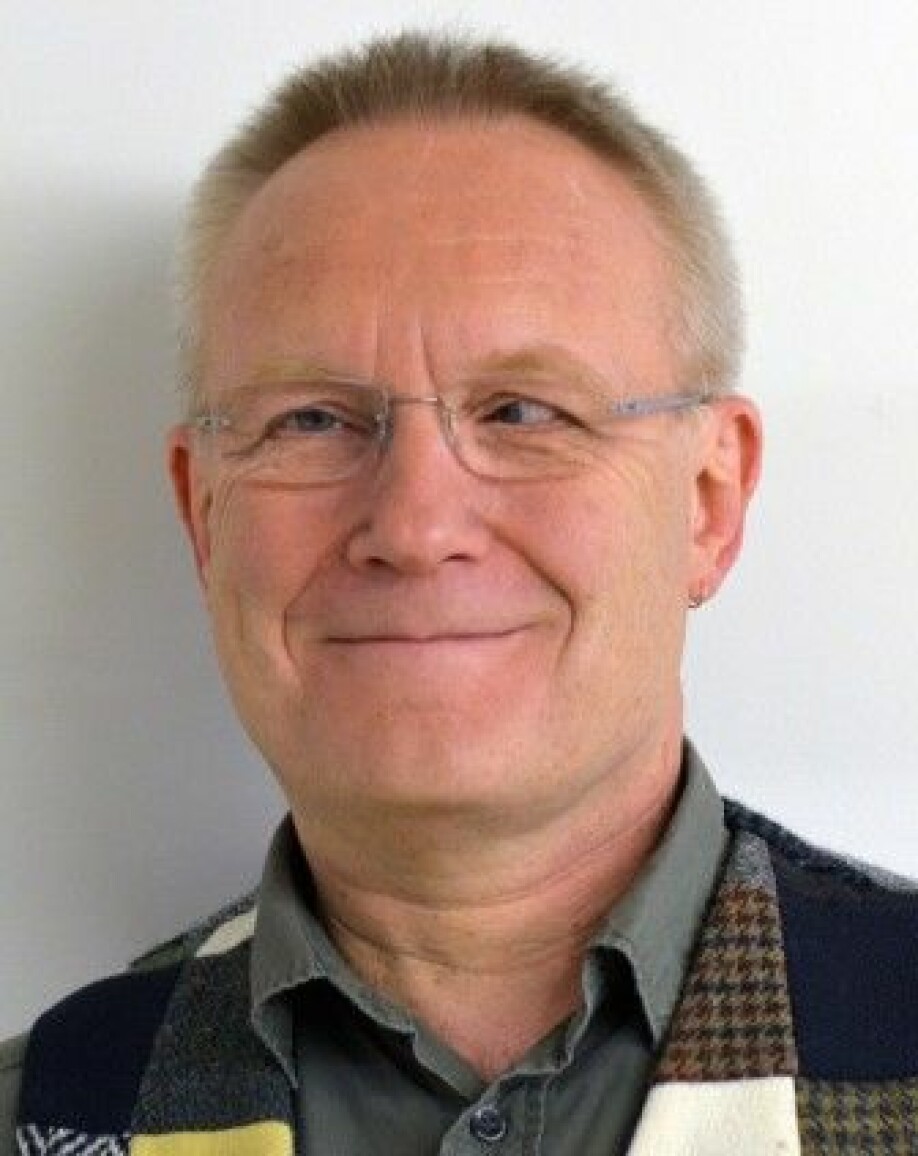
Personal finances linked to mental health
“I’m not very surprised that lesbian, gay and bisexual people have poorer finances,” says Arne Backer Grønningsæter, a retired researcher at Fafo.
“Gay people generally score worse than others, and this is reflected in working life and ultimately in the economy,” he says.
Grønningsæter has previously done research on this group and identity and recently published a report on attitudes toward and the working environment for the LGB+ population in the church.
“Polarization is greater in this part of the population,” he says.
“At one end you have people who are doing really well, and at the other you have people who are doing extremely poorly,” says Grønningsæter.
An earlier study from Statistics Norway published last year shows that gays, lesbians and bisexuals are somewhat more susceptible to worse mental health.
“If a lot of people struggle with mental health issues, it affects working life,” says Grønningsæter.
According to the new Statistics Norway survey, seven per cent of the population identifies as LGB+.
Feel lonelier
In the Quality of Life Survey, participants were asked to answer questions about social relationships, contact with friends and family, loneliness and whether they have people they can count on.
Twenty-six per cent of the LGB+ respondents said that they are strongly affected by loneliness, a number that is more than twice as high as for the general population (12 per cent).
Bisexuals are greatly affected by loneliness (32 per cent), followed by lesbians and gays (24 per cent) and people with other sexual orientations (21 per cent).
“Good health is closely related to feeling recognized and accepted, and being around people with similar experiences to our own,” says Inge Alexander Gjestvang, the director of FRI – The Norwegian Organization for Sexual and Gender Diversity.
FRI is an organization for people who break with the norms for gender and sexuality. They work to enable lesbian, gay, bisexual, transgendered and queer people to be able to live openly without fear of being socially excluded, discriminated against or harassed, according to their own websites.
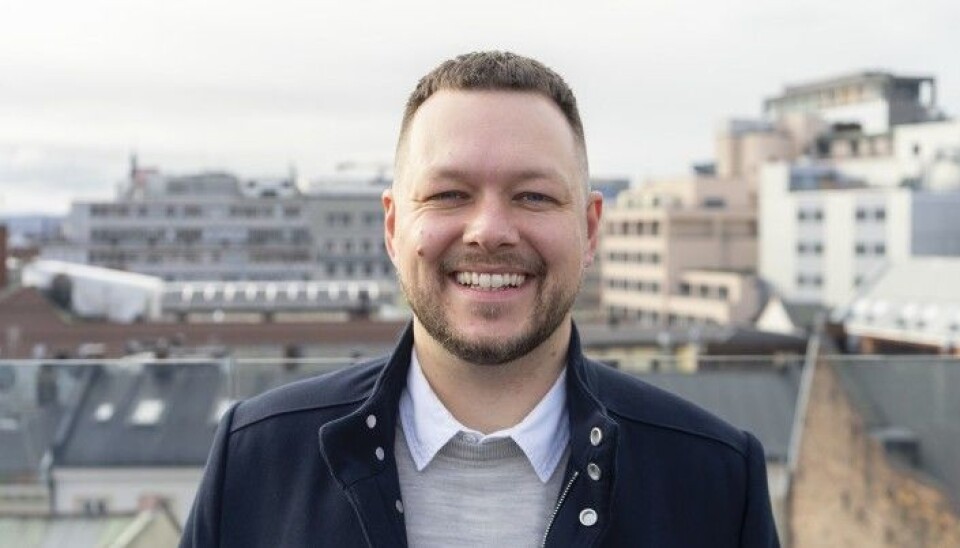
Chosen family
Gjestvang believes that a large portion of this group grow up as a minority both in their own family and in society in general.
“We know that it’s important to be able to be surrounded by people who are like you and who accept you, and who you feel you can be yourself around,” he says to sciencenorway.no.
“A lot of people we talk to share the experience of being or having been lonely at some point in their lives,” says Gjestvang.
“A ‘chosen family,’ or family of choice, is a term that many individuals in the LGB+ target group use, since a lot of us don’t establish traditional families, but rather form communities of other people you want to have around you and define as your family even if you may not live together,” he says.
Translated by: Ingrid P. Nuse
Read the Norwegian version of this article on forskning.no.
Reference:
Karin H. Gram: 1 av 3 skeive lite tilfreds med egen psykisk helse. (1 in 3 queer people are dissatisfied with their mental health.” Statistics Norway. January 2020.
Anne-Marit Pettersen and Kristina Strand Støren: Livskvalitetsundersøkelsen 2020 (The quality of life survey 2020), documentation from Statistics Norway. October 2020. Documentation. ISBN 978-82-587-1187-9







